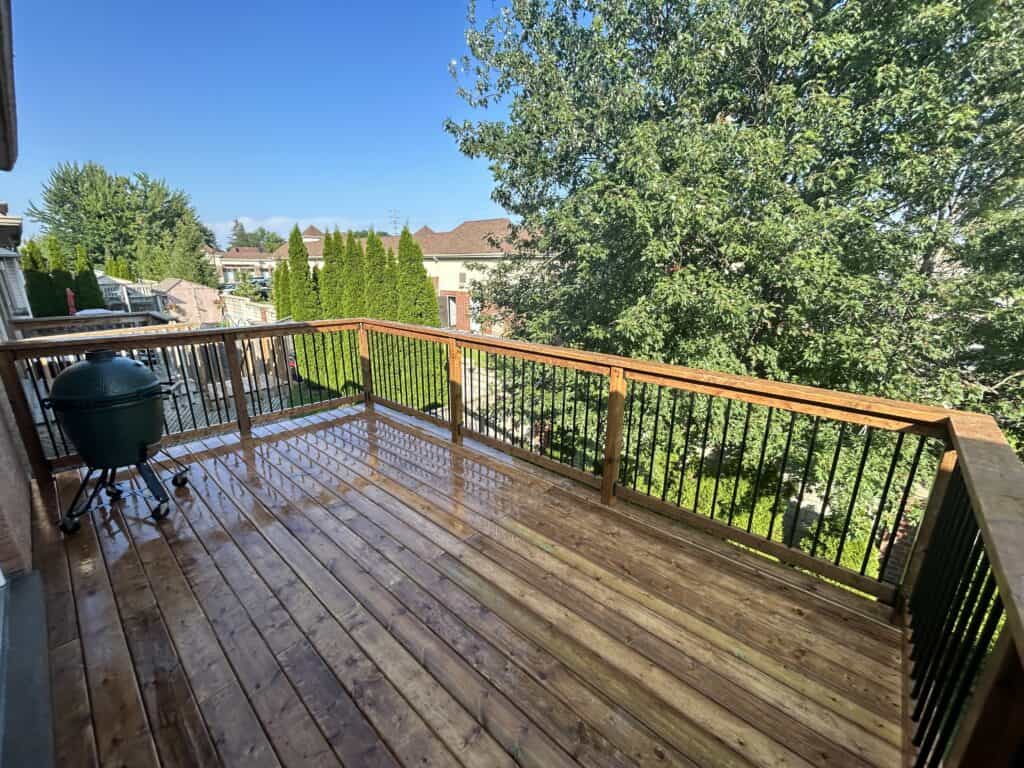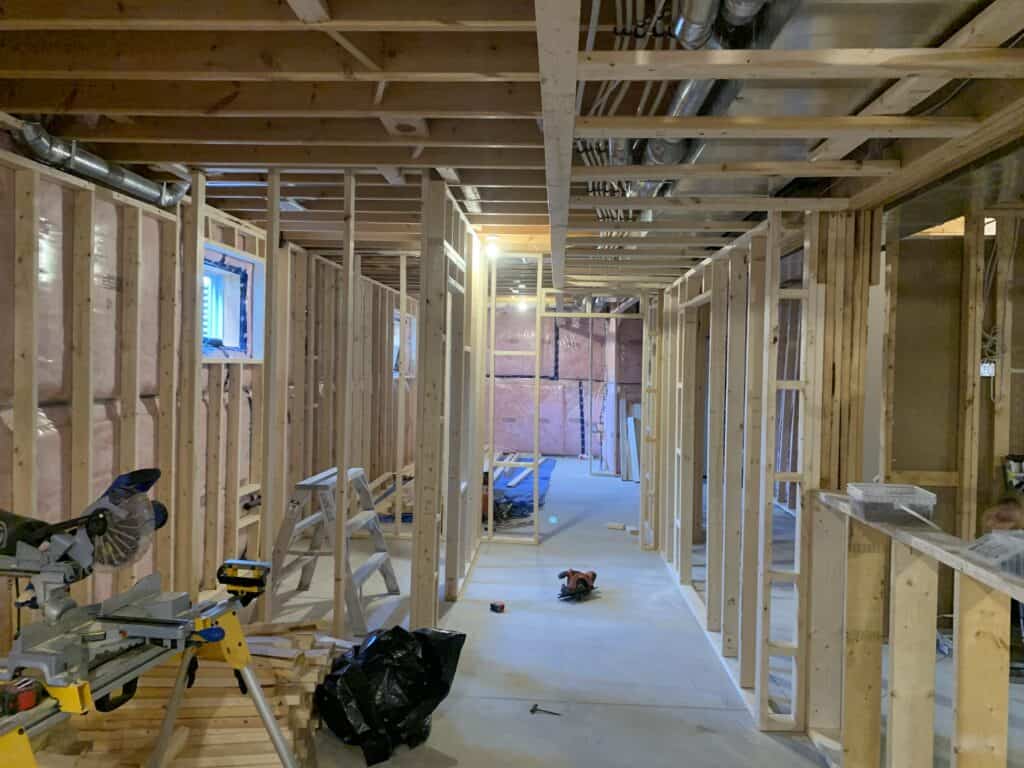A well-designed deck can be the heart of your outdoor living space, providing an inviting area for relaxation, entertainment, and connection with nature. However, before you can start envisioning those sunny afternoons and starlit evenings, there’s a crucial decision to make: choosing the right decking material. With a multitude of options available, each with its own set of advantages and considerations, this decision deserves careful thought. To help guide you through the process, we’ve compiled a list of essential factors to consider when selecting your ideal decking material.
1. Durability and Longevity
One of the primary considerations when choosing a decking material is its durability and longevity. Different materials have varying levels of resistance to moisture, UV rays, insects, and general wear and tear. While wood is a classic choice, it requires regular maintenance to prevent rot and deterioration. Alternatively, composite materials offer the look of wood without the same level of maintenance, making them a more durable option in the long run.
2. Maintenance Requirements
Your chosen decking material’s maintenance needs can greatly impact your overall satisfaction with your deck. Natural wood, while aesthetically pleasing, usually demands staining, sealing, and periodic refinishing to maintain its appearance and structural integrity. On the other hand, composite decking typically requires less maintenance, needing only occasional cleaning to remove dirt and debris.
3. Aesthetic Appeal
The aesthetic of your deck plays a significant role in its integration with your home and outdoor space. If you’re drawn to the warmth and natural beauty of wood, you’ll have to weigh that against the maintenance commitments. Alternatively, composites offer a wide range of colours and textures that mimic wood’s appearance while retaining their fresh look over time.
4. Environmental Impact
For environmentally conscious homeowners, considering the ecological footprint of your decking material is crucial. Traditional wood decking may involve harvesting trees from forests, whereas composite materials can incorporate recycled plastics and wood fibers. Some eco-friendly options include reclaimed wood, bamboo, and fully-recycled composite decking. Research the sourcing and manufacturing processes of the materials you’re considering to make an informed choice.
5. Budget Considerations
Your budget will naturally influence your decking material choice. While wood may have a lower upfront cost, keep in mind the ongoing expenses of maintenance. Composite materials often have a higher initial cost but can offer savings over time due to reduced maintenance needs. Weigh your upfront investment against the long-term savings when making your decision.
6. Climate and Location
Your deck’s location and the climate of your area should also be taken into account. Decks exposed to harsh weather conditions, such as intense sunlight or heavy rain, may require materials that are particularly resistant to these elements. Some materials, like tropical hardwoods, are better suited for humid climates, while others, like composite decking, can better withstand temperature fluctuations.
7. Slip Resistance
Safety is paramount when it comes to your deck, especially if you have children, elderly family members, or guests. Consider the slip resistance of different materials, as well as their ability to maintain traction when wet.
8. Installation and DIY vs. Professional
Some decking materials are more DIY-friendly than others. If you’re an avid DIYer, you might opt for materials that are easier to work with. On the other hand, certain materials may require professional installation for best results, ensuring the structural integrity of your deck.
9. Local Building Codes
Before making your final decision, check your local building codes and regulations. Some areas may have specific requirements for decking materials, railing heights, and other structural elements. Ensuring compliance will save you potential headaches down the line.
10. Personal Preferences
Ultimately, your personal preferences and lifestyle should heavily influence your choice of decking material. Consider how you’ll use the deck, the ambiance you want to create, and the level of involvement you’re willing to commit to maintenance.
Choosing the right decking material is a significant decision that will impact the enjoyment and longevity of your outdoor space. By carefully evaluating factors such as durability, maintenance, aesthetics, environmental impact, budget, climate, and safety, you can make an informed choice that aligns with your vision for the perfect deck. Whether you opt for the natural charm of wood or the low-maintenance benefits of composite materials, your well-considered decision will be the foundation of countless memorable moments in your outdoor haven.
Contact Micton Home Renovations to discuss the best deck material options for your home.




